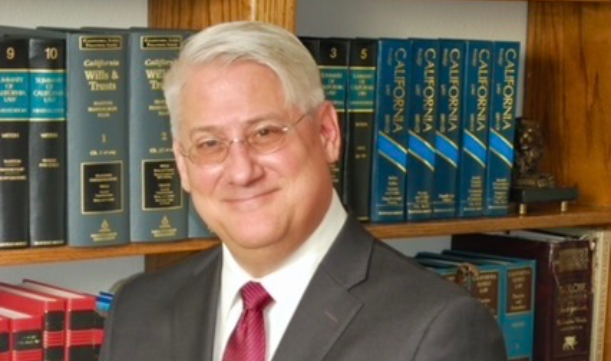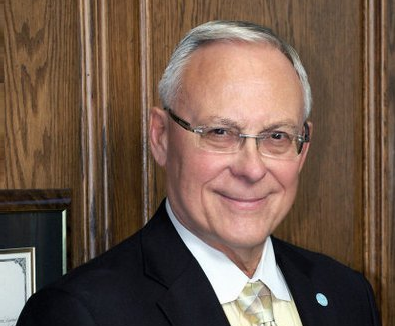As Chief Justice Warren Burger stated in 1984, “The entire legal profession … has become so mesmerized with the stimulation of the courtroom contest, that we tend to forget that we ought to be healers of conflict … Trial by adversarial contest must in time go the way of the ancient trial by battle and blood … Our system has become too costly, too painful, too destructive, too inefficient for truly civilized people.”
This is especially true of divorces. A divorce is not an event – it is the process by which one makes the transition from being part of a couple to being single. The goal of a healthy divorce should be to begin as two, end as one and still feel whole.
This journey will lead the parties through an often treacherous and painful maze of transitions: legal, physical, emotional, financial and spiritual.
If this maze is to be successfully navigated, then in addition to attorneys, parties should enlist the services of experts in these other specific transition areas. This will more likely assure that dissolution can become a key to wholeness.
If we are to successfully navigate this treacherous and painful path, we must enlist the services of those who have expertise in specific areas of the divorce process, to guide us along the way, so that at the end of our journey we remain whole. When we do this we are doing something new and extraordinary called “Collaborative Divorce.”
Collaborative divorce is a movement among many of the helping professions such as lawyers, psychologists, accountants and financial planners, real estate brokers, loan brokers and others who share the belief that a family is forever.
It is a new paradigm for conflict resolution in the area of dissolution of marriage. It is, or should be, practiced by all attorneys who support the belief that family is forever, and therefore family disputes are best resolved outside of a courtroom using collaborative strategies rather than adversarial methods like litigation.
The lawyers who practice collaborative divorce believe in and have been trained in non-adversarial dispute resolution. Through the dissolution process, they model for their clients a commitment to honesty, dignified behavior and mutual respect. They use disagreement between the parties to find creative solutions in order to reach collaborative settlement.
Imagine a divorce in which collaboration replaces competition, where financial disclosure is mandatory and mediation becomes the rule rather than the exception.
The advantages of collaborative divorce are many. Sessions are held in private, thereby keeping many details out of the public record. The clients, with their lawyers assisting, are in charge and make their own agreements, rather than giving power and control to courts. Such flexibility allows for more creativity with which to fashion settlement terms. Without the need to wait on lengthy periods for hearing or trial dates, the divorce can proceed in a timely fashion, saving huge amounts of money on attorney fees.
Through good planning and collaborative allocation of resources, accountants and financial planners may successfully assist the family to conserve its assets to the advantage of both parties and the children.
Just as with the death of one partner, as a result of divorce, the family will naturally restructure itself. Yet for this restructuring process to be optimally healthy, professional help is often needed, which a collaborative divorce provides. Lawyers, however well intentioned, have not been trained to solve the client’s emotional and financial issues without assistance.
It is also healthy for divorcing party to be supported by an individual therapist. Divorcing couples greatly benefit by seeing such a “divorce coach.” The divorce coach, usually a psychotherapist, teaches communication skills, educates and assists the couple with consistent co-parenting skills and normalizes closure issues. They can achieve great strides in these areas, and can help the family unit, though changed, emerge strengthened as a whole.
One might question the expense of involving so many experts in an individual case, yet we have seen in case after case that a collaborative divorce saves not only money, it also saves each party the great emotional cost of a litigated divorce, by taking less time, inflicting less trauma and causing less damage to children.
In his autobiography, “The Story of My Experiments With the Truth,” Mahatma Gandhi wrote, describing his years as a practicing attorney: “I had learnt the true practice of law … I realized the true function of a lawyer was to unite parties driven asunder. The lesson was so indelibly burnt into me that a large part of my time during the 20 years of my practice as a lawyer was occupied in bringing about private compromises of hundreds of cases. I lost nothing thereby – not even money, certainly not my soul.”













